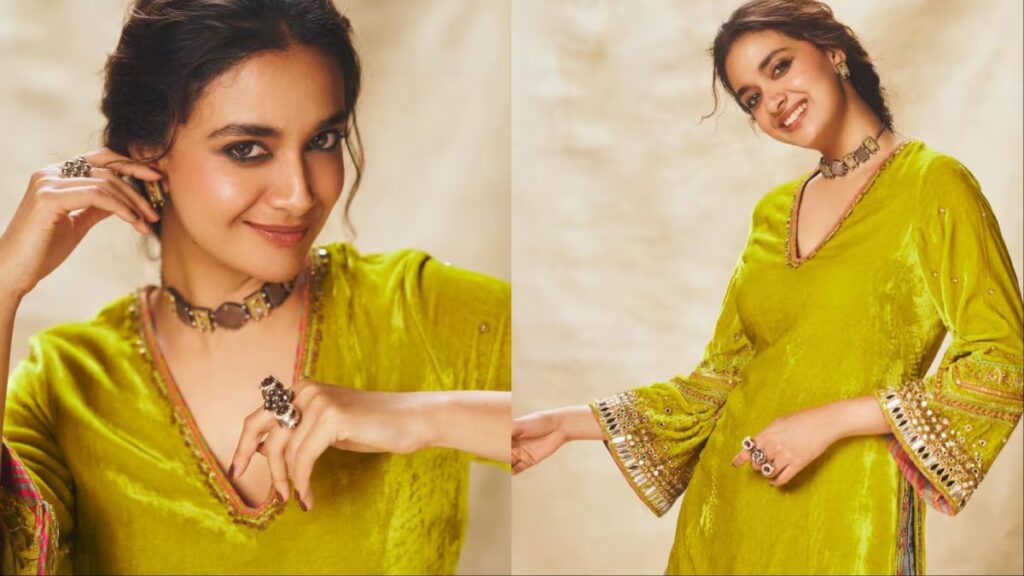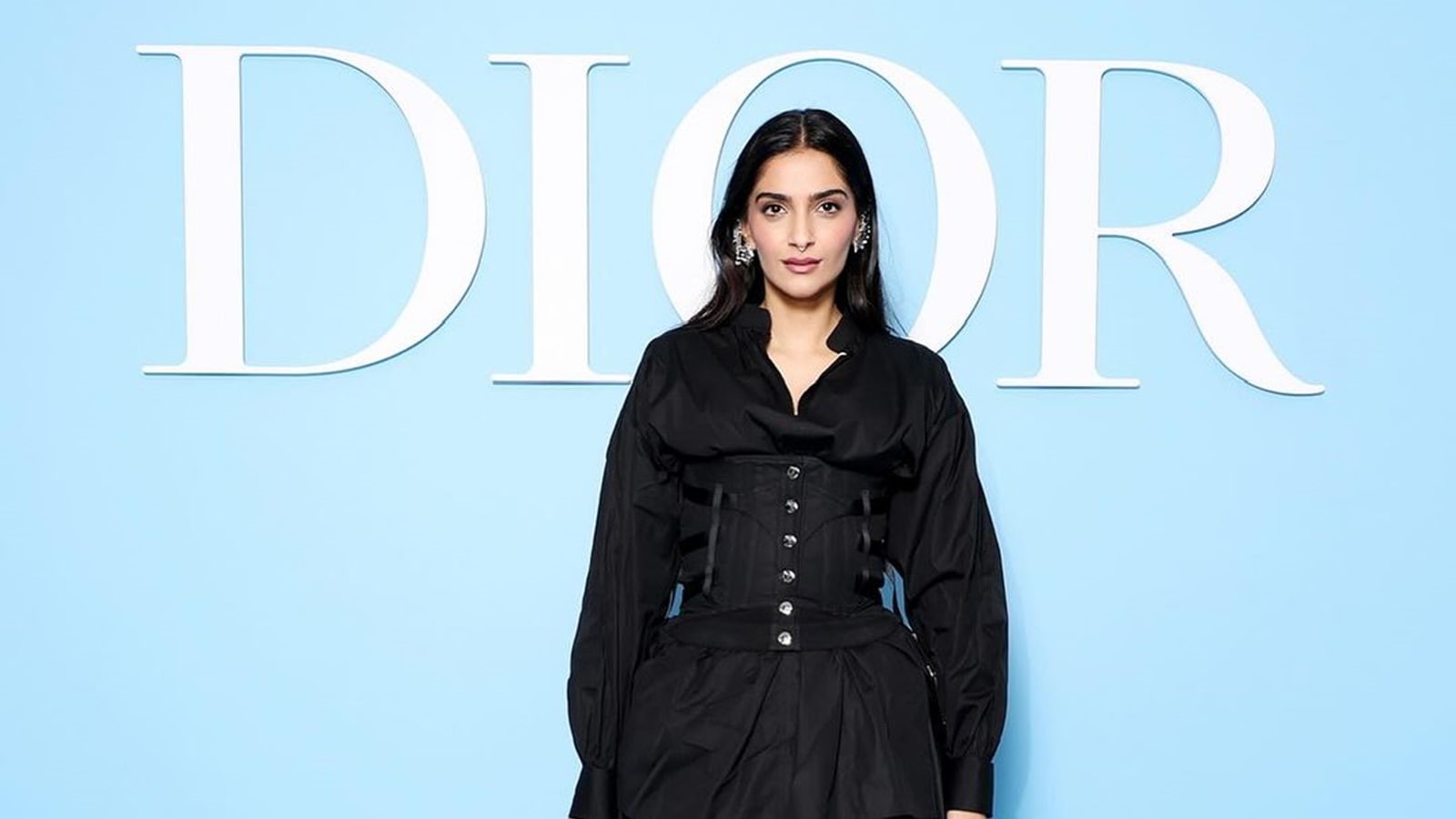Alexander Wang’s Comeback: Can He Really Redefine His Legacy at NYFW After Controversies?
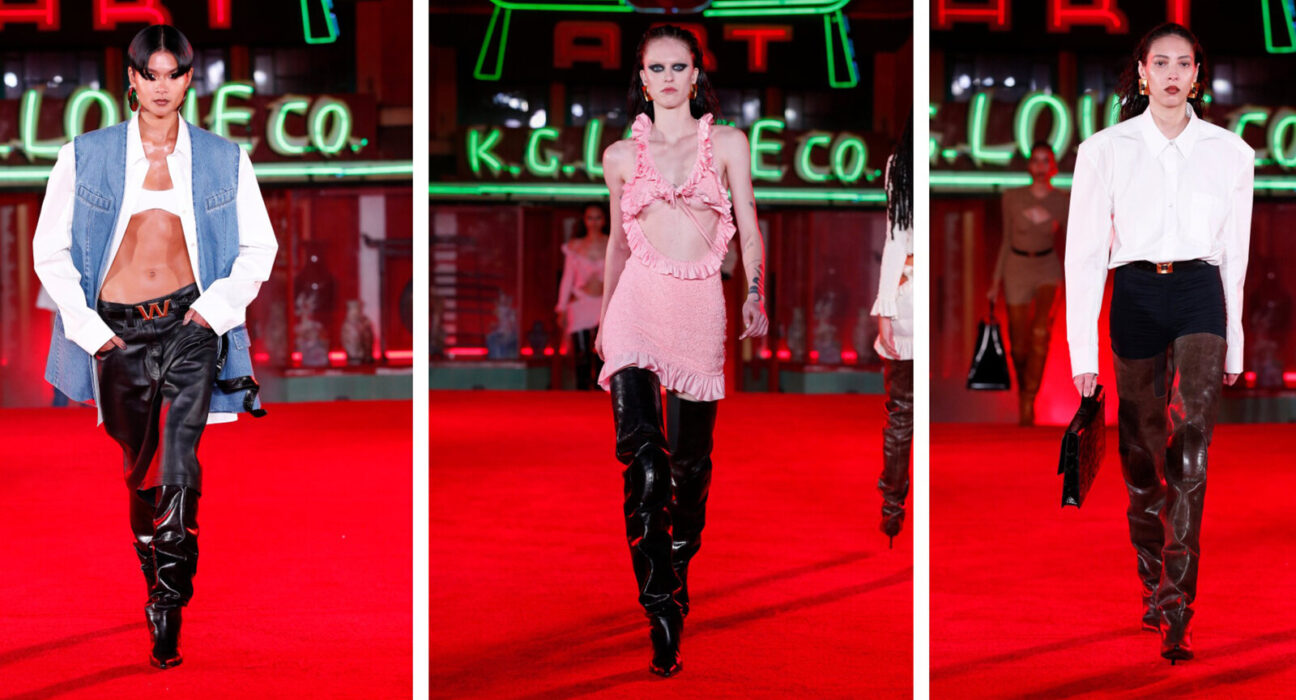
The Return of a Disgraced Designer
After years away from the New York Fashion Week spotlight, Alexander Wang has staged a high-profile comeback with his Spring 2026 collection titled “The Matriarch.” Once hailed as one of fashion’s most promising stars, Wang’s career was derailed in 2020 when multiple allegations of sexual misconduct emerged. His absence from NYFW since 2018 left many questioning whether the designer could ever return to reclaim his status in the fashion world.
Now, with a collection inspired by feminine power, rebirth, and resilience, Wang is attempting to reframe his narrative. The critical question remains: Can fashion, and its global audience, forgive and move forward?
The Collection: The Matriarch as a Statement
At his highly anticipated show, Wang leaned into strong silhouettes, dramatic textures, and symbolic motifs often linked to transformation, such as phoenix-inspired details. Oversized coats, bold tailoring, and sharp accessories dominated the runway, presenting a visual story of women as leaders, protectors, and icons of renewal.
The designs themselves were received with mixed reactions. Some critics praised the sharpness and modernity, while others argued that the narrative of empowerment clashed with Wang’s unresolved controversies.
Redemption in Fashion: Is It Possible?
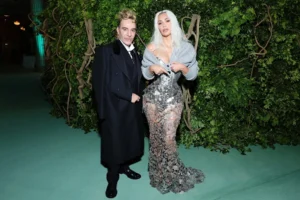
Fashion has a complicated history of forgiving designers after scandals. John Galliano, for example, was reinstated into the industry after years of exile. Yet the climate in 2025 is different. Social media-driven conversations on accountability, brand ethics, and cultural sensitivity are shaping how audiences perceive comebacks.
Wang’s return raises bigger questions: Does creative talent outweigh personal accountability? Should the runway serve as a stage for redemption, or is it a distraction from past issues?
Industry and Celebrity Reactions
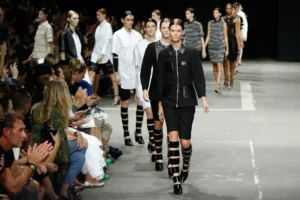
Celebrities and influencers were divided. Some industry insiders attended to show support for Wang’s artistry, while others deliberately stayed away. On social media, hashtags like #AlexanderWangNYFW and #FashionAccountability trended simultaneously, highlighting the cultural split.
This duality is critical for the future of his brand. Luxury houses and mainstream consumers alike are increasingly demanding transparency, responsibility, and alignment with modern values.
What This Means for Fashion Going Forward
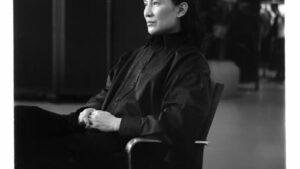
Alexander Wang’s return to NYFW is more than just a show—it’s a case study in how the fashion industry grapples with cancellation, forgiveness, and commercial survival. If his collection translates into strong sales and celebrity endorsements, it could signal a pathway for other controversial figures. But if backlash intensifies, it could reinforce the message that fashion is no longer willing to separate the art from the artist.
Conclusion: Reinvention or Resistance?
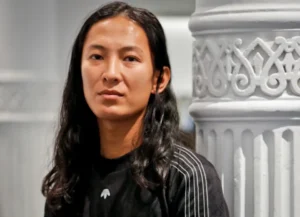
Whether Wang’s comeback will stand as a story of reinvention or as an example of the limits of forgiveness in fashion remains uncertain. What is clear is that his return has reignited global debate, making this one of the most talked-about moments of New York Fashion Week 2025.
For now, the spotlight remains firmly on Alexander Wang—not just for his clothes, but for the larger conversation he has brought back to the runway.







